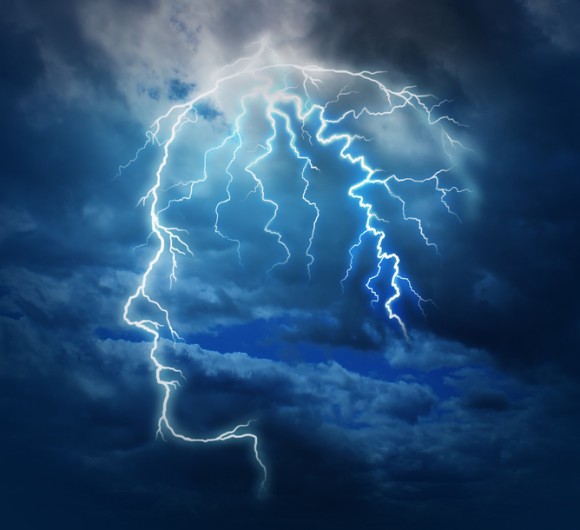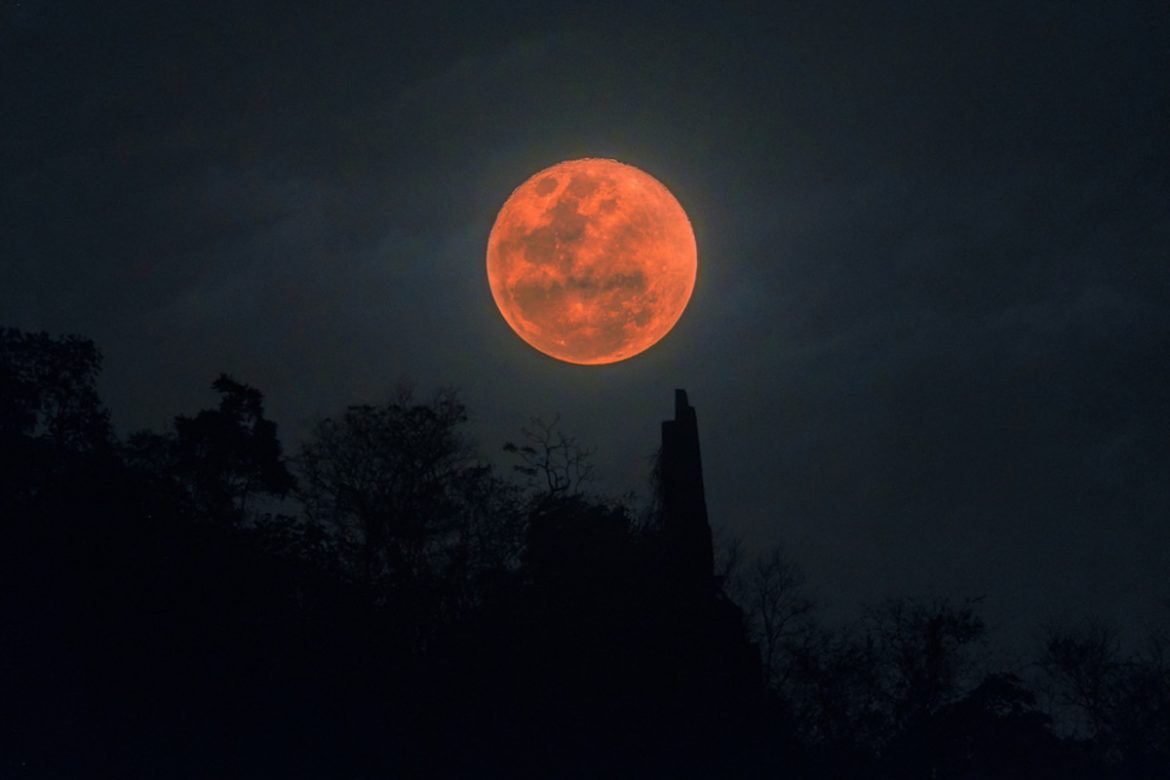The full moon is blood red, in hellish eclipse from the fires near here that killed a grandmother and her two small grandchildren. Literally and metaphorically, the world is on fire.
Seeing the human crisis as external, as emanating from social and political structures, and therefore trying to find external solutions, is to apply more the same mentality that caused the crisis and believing there will be a cure.
A passage from the late mythologist Joseph Campbell speaks to the fundamental problem confronting us as we seek wholeness, as well as communion with something beyond the mind of man.
In “The Hero With a Thousand Faces,” Campbell writes: “The apprehension of the source of the undifferentiated yet everywhere particularized substratum of being is rendered frustrate by the very organs through which the apprehension must be accomplished.”
“The forms of sensibility and the categories of human thought, which are themselves manifestations of this power, so  confine the mind that it is normally impossible not only to see, but even to conceive beyond the colorful, fluid, infinitely various and bewildering phenomenal spectacle. The function of ritual and myth is to make possible, and then to facilitate, the jump—by analogy.”
confine the mind that it is normally impossible not only to see, but even to conceive beyond the colorful, fluid, infinitely various and bewildering phenomenal spectacle. The function of ritual and myth is to make possible, and then to facilitate, the jump—by analogy.”
For the growing number of people who feel that having an inner life in an increasingly fragmented, frightening world is a matter of spiritual and emotional survival, that rings true. As much insight as this passage contains however, it misses the mark in several important respects.
What Campbell refers to as “the apprehension of the source” [italics his] is of the essence, the most important thing in life. He’s referring to higher states of religious experiencing, but it begins at a much more basic level.
Everything in nature reflects wholeness, whereas human consciousness is generating more and more fragmentation. What is the resolution of that existential contradiction?
The first thing is to realize that division and fragmentation originate from within us, not from outside in the social structures, much less in the “phenomenal spectacle.”
The wholeness of nature mirrors the source that continuously gives rise to it. That’s why it’s so important to have daily relationship to nature, because without a relationship to nature, one cannot have relationship with any human being.
On can come into contact with nature anywhere, even in one’s own backyard or patio. That’s why it’s so false to say, “humanity’s harmony with nature has long been foreclosed.”
The point is that as destructive as man has become, one can experience the wholeness of nature on any small portion of the earth.
How is the “substratum of being rendered frustrate by the very organs through which the apprehension must be accomplished?” Campbell does not say, but points toward “the bewildering phenomenal spectacle” as much as “the categories of human thought.”
That conflates and confuses the issue. It isn’t “the colorful, fluid, infinitely variable phenomenal spectacle” that’s the problem, but “the categories of human mind, which so confine the mind that it is normally impossible to see.”
In saying, “the categories of human thought are themselves manifestations of the power of the source,” Campbell skipped over the conundrum that has vexed humans since the dawn of man.
Human thought prevents the apprehension of the source. Therefore the question is: How and why does thought occlude insight (without respect to knowledge) into nature, others and the source?
The evolution of symbolic thought was a quantum leap in nature’s “adaptive strategies,” giving us the power to manipulate and even fabricate our environments rather than live within ecological niches, as all other animals do.
Thought’s power is based on a working illusion: separation. In separating ‘things’ and accumulating knowledge about nature, humans came to believe that we could ‘conquer nature.’
We subconsciously carried over the functional capabilities of thought into the psychological and social realm. That’s what makes symbolic thought the root of all evil.
In the past rituals and myths provided a reminder that we are actually part of nature, but the old ways no longer give even a simulacrum of wholeness. So now we have no choice but to gain insight and gather attention to thought, ending its psychological movement so we come into direct contact and communion with the infinite source.
The evolution of ‘higher thought’ both made it possible for us to be aware of the source, and prevents us from seeing and feeling it. There’s a terrible, elegant beauty in that contradiction, which can only be resolved within the individual.
Campbell said, “Myth is but the penultimate…God and the gods are mere symbols to move and awaken the mind.”
That isn’t working. When all symbolic and self-centered activity ceases, then there is “apprehension of the source.”
Martin LeFevre

